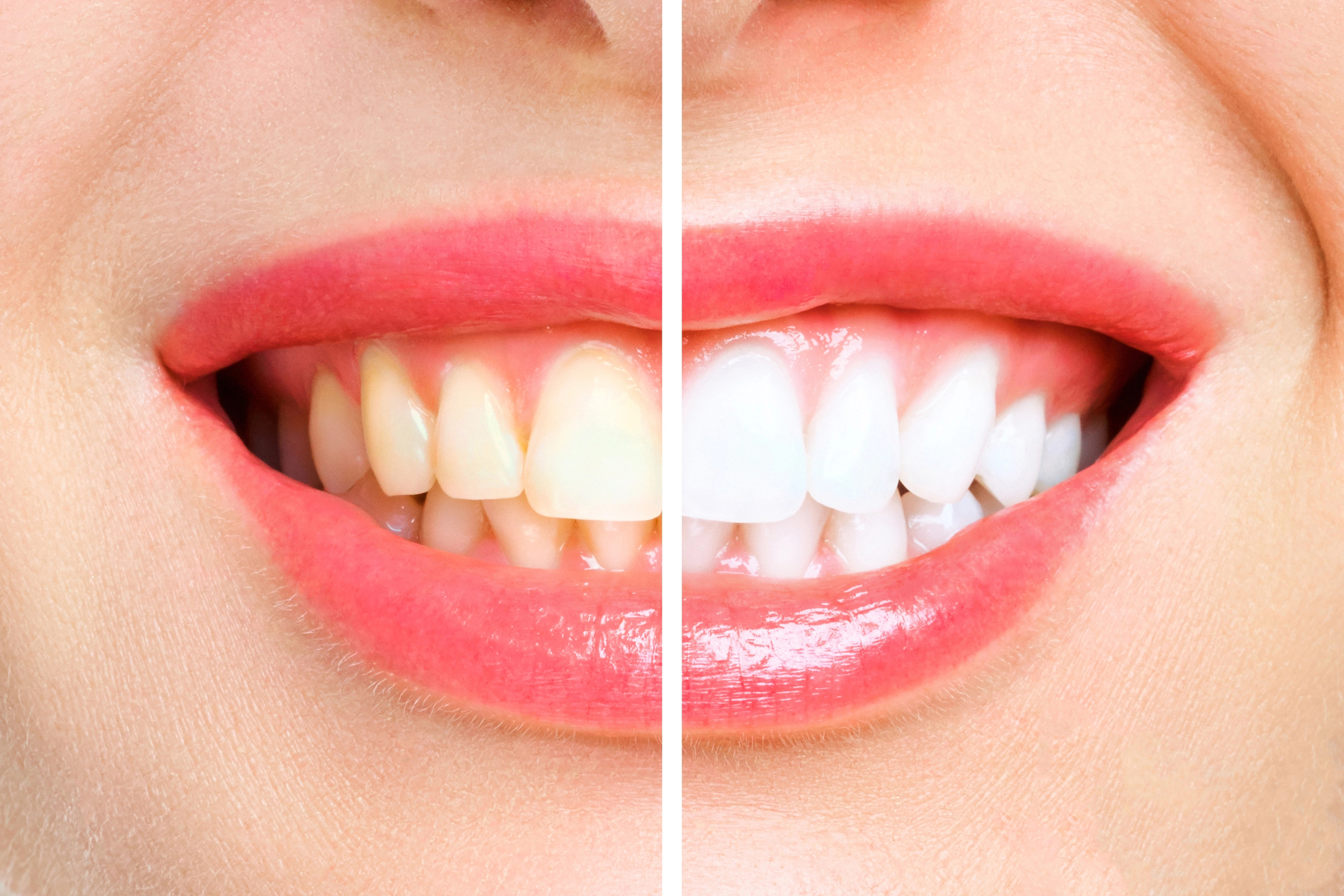Contents

Teeth Whitening Insurance Coverage: Does Your Dental Plan Pay?
Teeth whitening is an increasingly popular cosmetic treatment for achieving a brighter smile. But given the high cost of this procedure, many wonder about coverage options. Does dental insurance cover whitening? And what about other payment methods?
Discover everything you need to know about paying for teeth whitening.
Why Whiten Your Teeth?
Over time, it is common to notice teeth yellowing. This phenomenon, which affects all age groups, can have multiple causes:
- Genetic factors
- Natural aging
- Consumption of tobacco, coffee, tea, red wine...
- Poor oral hygiene
- Certain medical treatments
While this discoloration is often unavoidable, it can nevertheless cause self-consciousness. That's why more and more patients are choosing teeth whitening, hoping to regain a radiant smile and better self-confidence.
What Does Teeth Whitening Involve?
It's important to distinguish between whitening done at a cosmetic location and that performed in a dental office. While some "smile bars" may use similar techniques, they lack the professional knowledge of a dentist regarding the potential risks of such a procedure.
At the dentist, whitening is a common procedure, provided the patient has suitable dentition and lifestyle. Several methods exist, with varying effectiveness and cost:
| Technique | Description | Average Price |
|---|---|---|
| Custom Take-Home Trays | Custom-fitted trays + professional whitening gel. Worn at home for a few hours daily. | $300 - $600 |
| In-Office Laser Whitening | Hydrogen peroxide-based gel activated by a laser or special light. | $500 - $1,200 |
| Over-the-Counter Kits | Includes strips, gels, and trays available in stores. | $20 - $100 |
The cost of professional teeth whitening represents a significant budget, hence the interest in inquiring about payment and coverage options before starting.
Teeth Whitening: Does Dental Insurance Cover It?
The first instinct for many is to check their dental insurance, which typically covers a percentage of many procedures.
Unfortunately, teeth whitening is a major exception.
Considered a cosmetic procedure, it is almost never covered by standard dental insurance plans. Unlike a cleaning, a filling, or a crown, teeth whitening is left entirely to the patient to pay out-of-pocket.
This is a disappointment for many, who then hope for assistance from other financial tools to lighten the bill.
How to Pay for Teeth Whitening
Good news: while insurance rarely covers whitening, other options exist to help manage the cost.
The most common method is using pre-tax health accounts like a Flexible Spending Account (FSA) or a Health Savings Account (HSA). Since teeth whitening is a qualified dental expense, you can use these funds to pay for the treatment with tax-free dollars, effectively saving you money.
Some high-end or comprehensive dental plans may offer a small annual allowance for cosmetic procedures. This is not common, and the amount varies greatly, typically ranging from $100 to $400 per year.
Be aware: plans that offer generous cosmetic benefits often have higher monthly premiums. You should weigh the increased annual premium against the expected reimbursement for the whitening treatment.
Choosing a Dental Plan with Cosmetic Benefits
To find a health plan that best supports your teeth whitening project, the only solution is to compare offers!
Indeed, not all insurers offer cosmetic allowances, and the amount varies greatly. The easiest way to get a clear picture without wasting time is to use an online comparison tool.
When choosing the best dental insurance, look specifically for plans that list "cosmetic dentistry" benefits. By comparing multiple plans, you'll have the best chance of finding the most attractive contract and receiving the best possible coverage for your teeth whitening.
In Summary
- Teeth whitening is a popular cosmetic procedure for achieving a brighter smile.
- The cost varies from around $300 to $1,200 depending on the professional technique used.
- Teeth whitening is almost never covered by standard dental insurance plans.
- The most effective way to pay for it is often with funds from an FSA or HSA.
- Some premium dental plans offer a small annual allowance for cosmetic procedures.
- To find the best coverage at the best price, consider comparing different health insurance plans.
By following these tips, you'll have the best chance of getting your teeth whitening done under the best conditions, without overlooking potential reimbursement options.
Now you can confidently flash your brightest smile!
